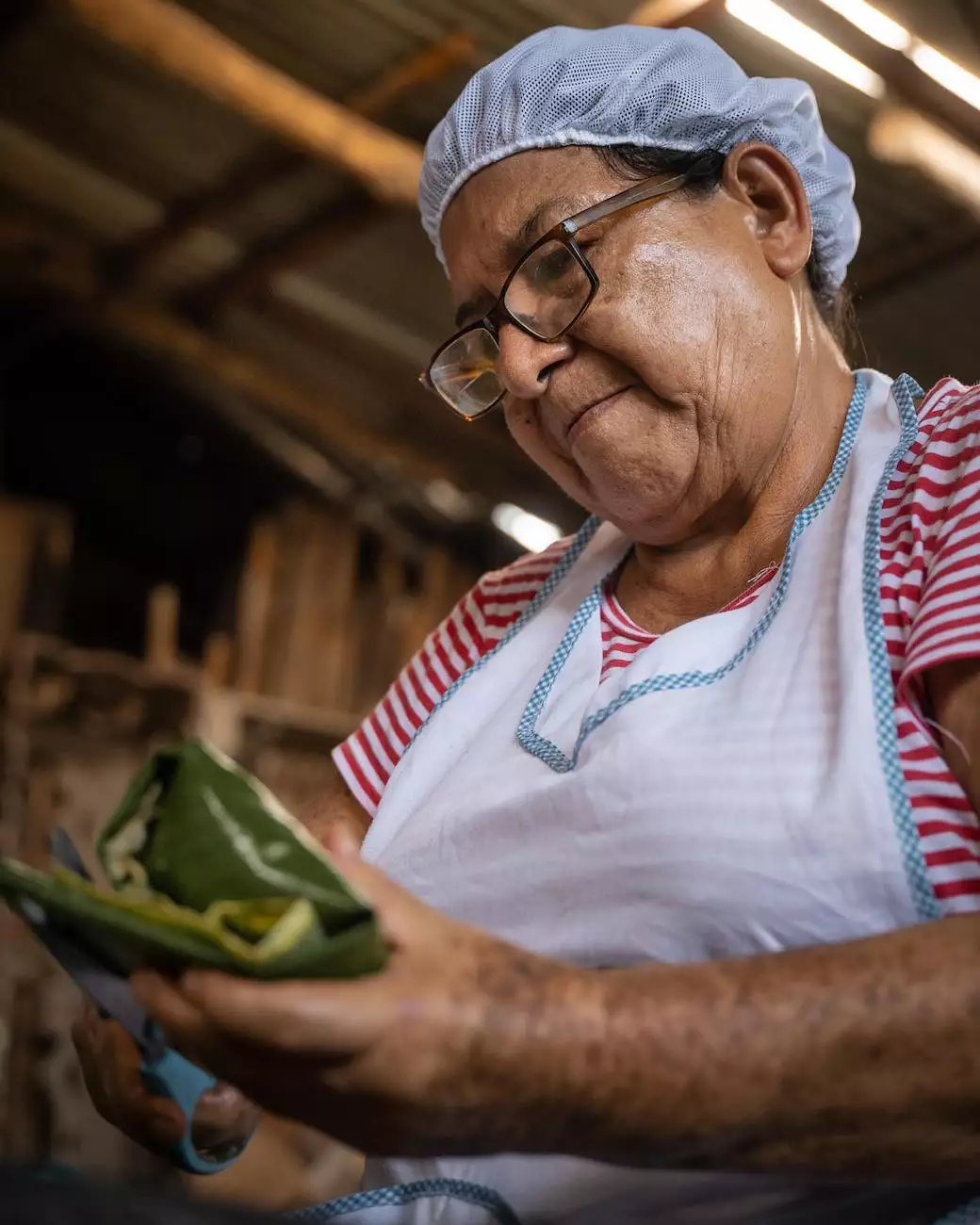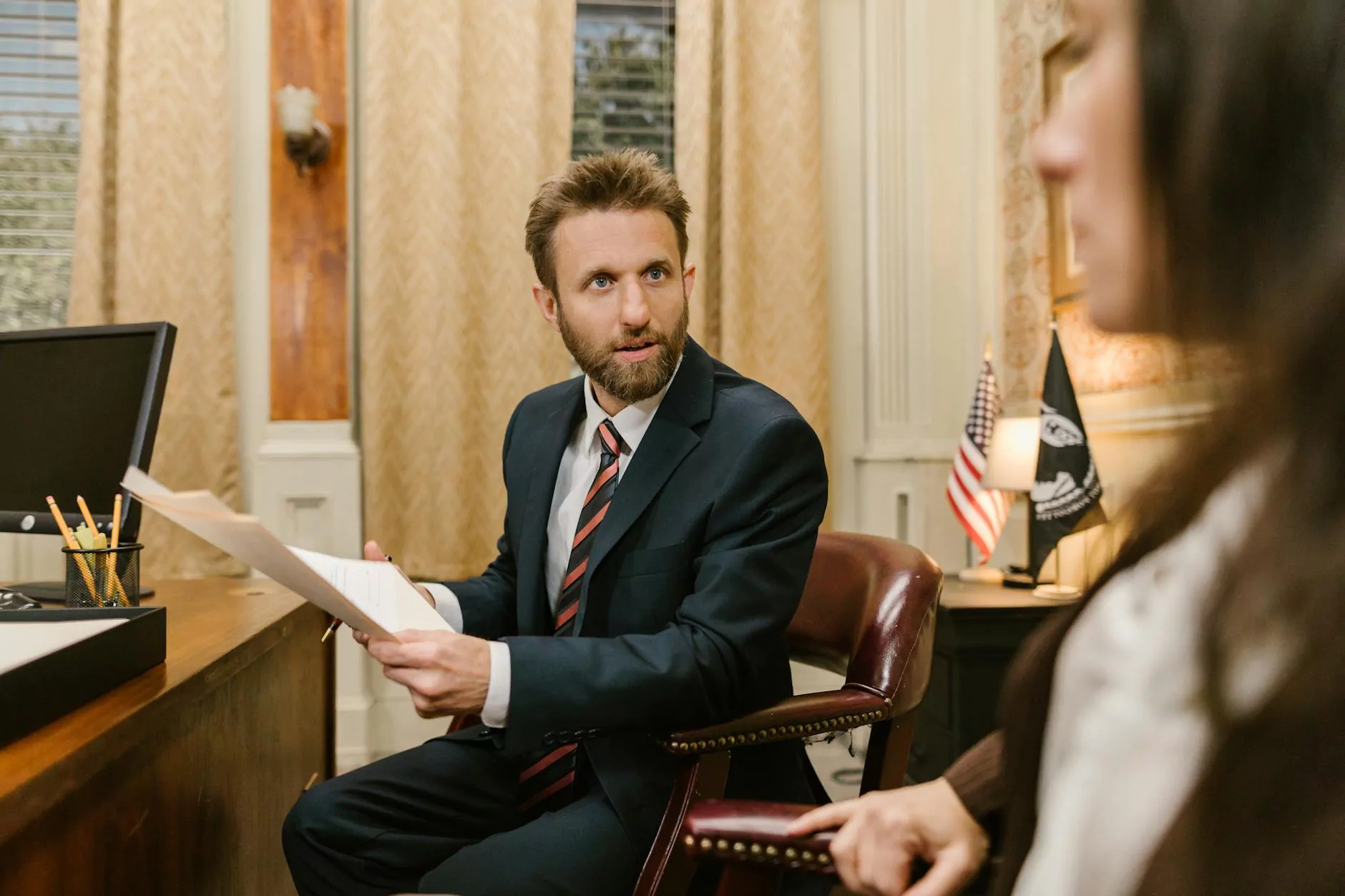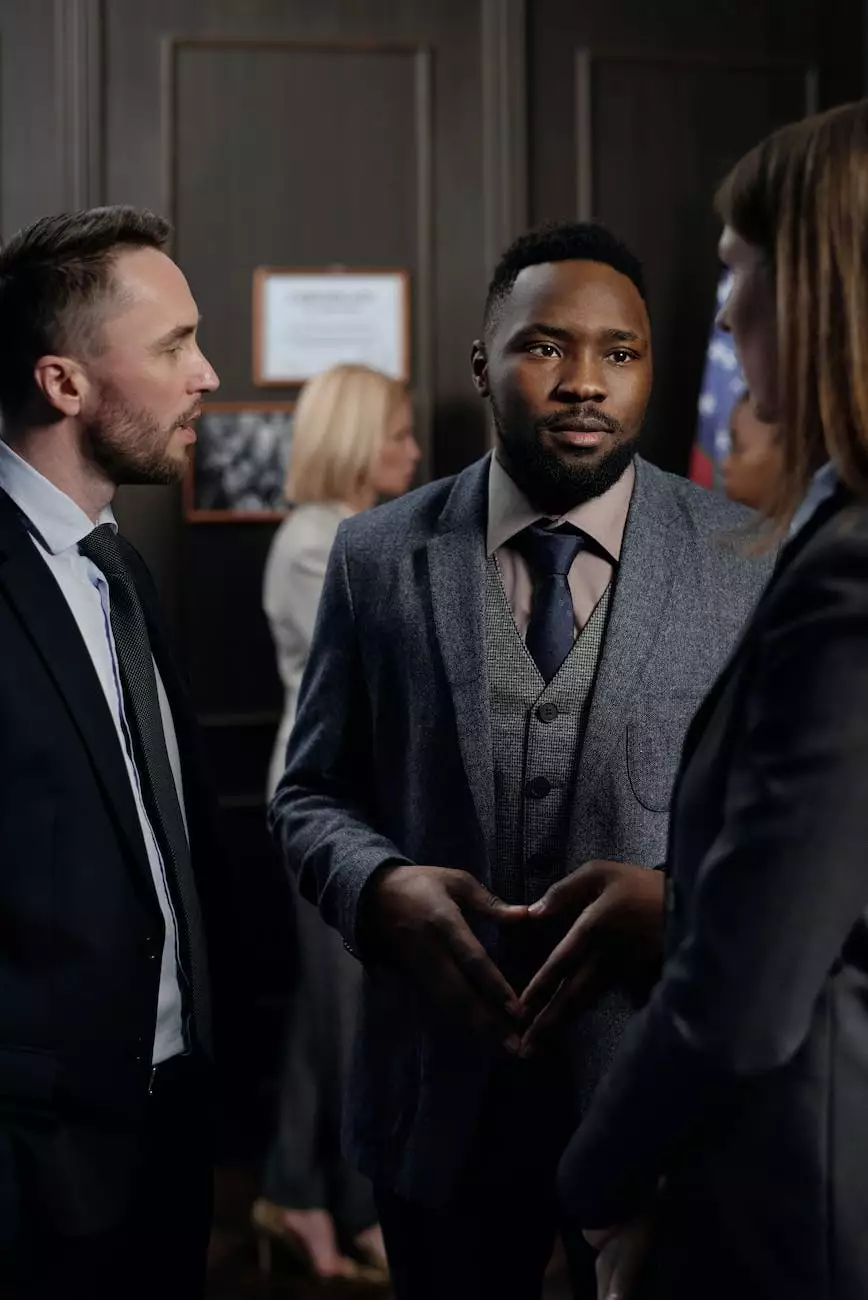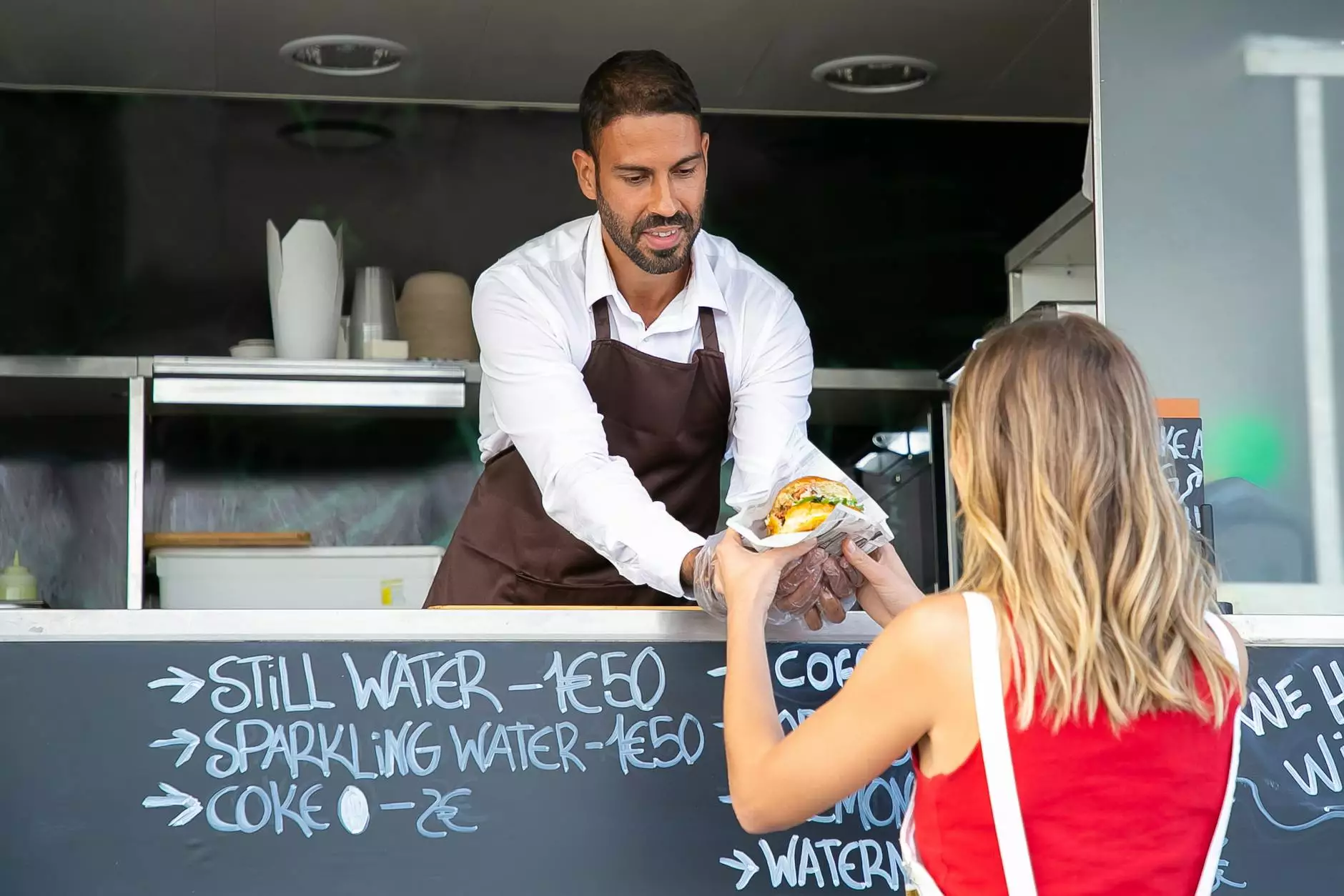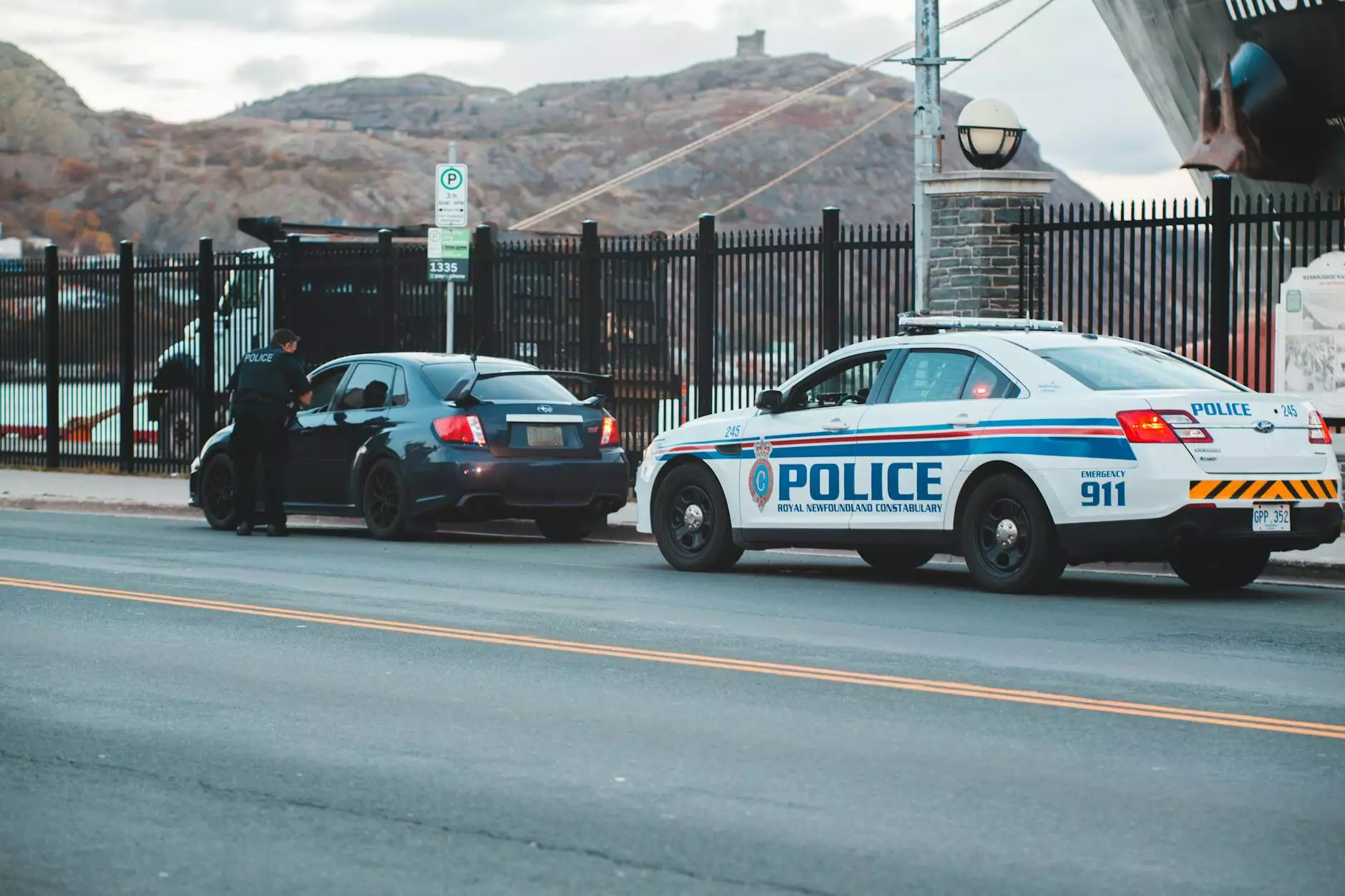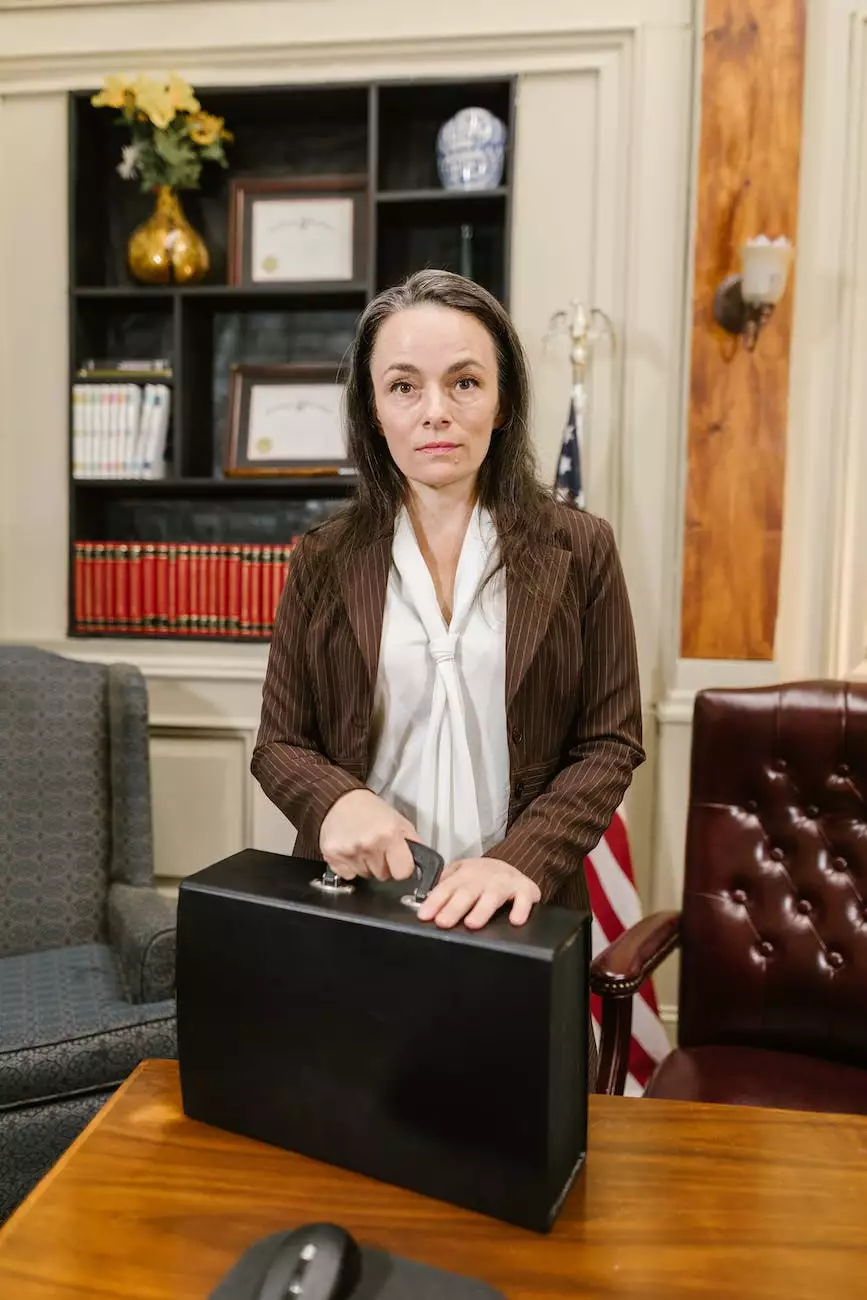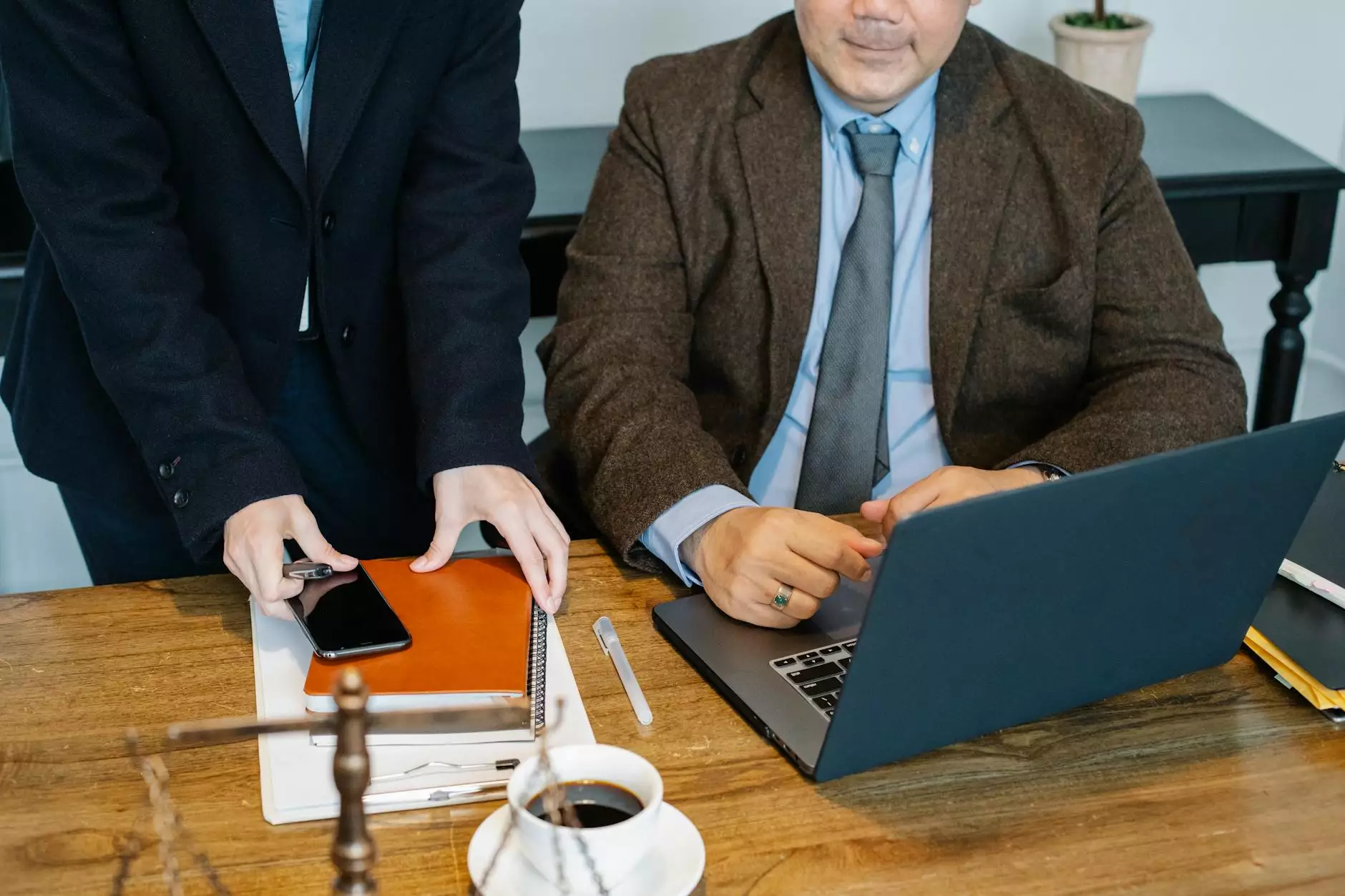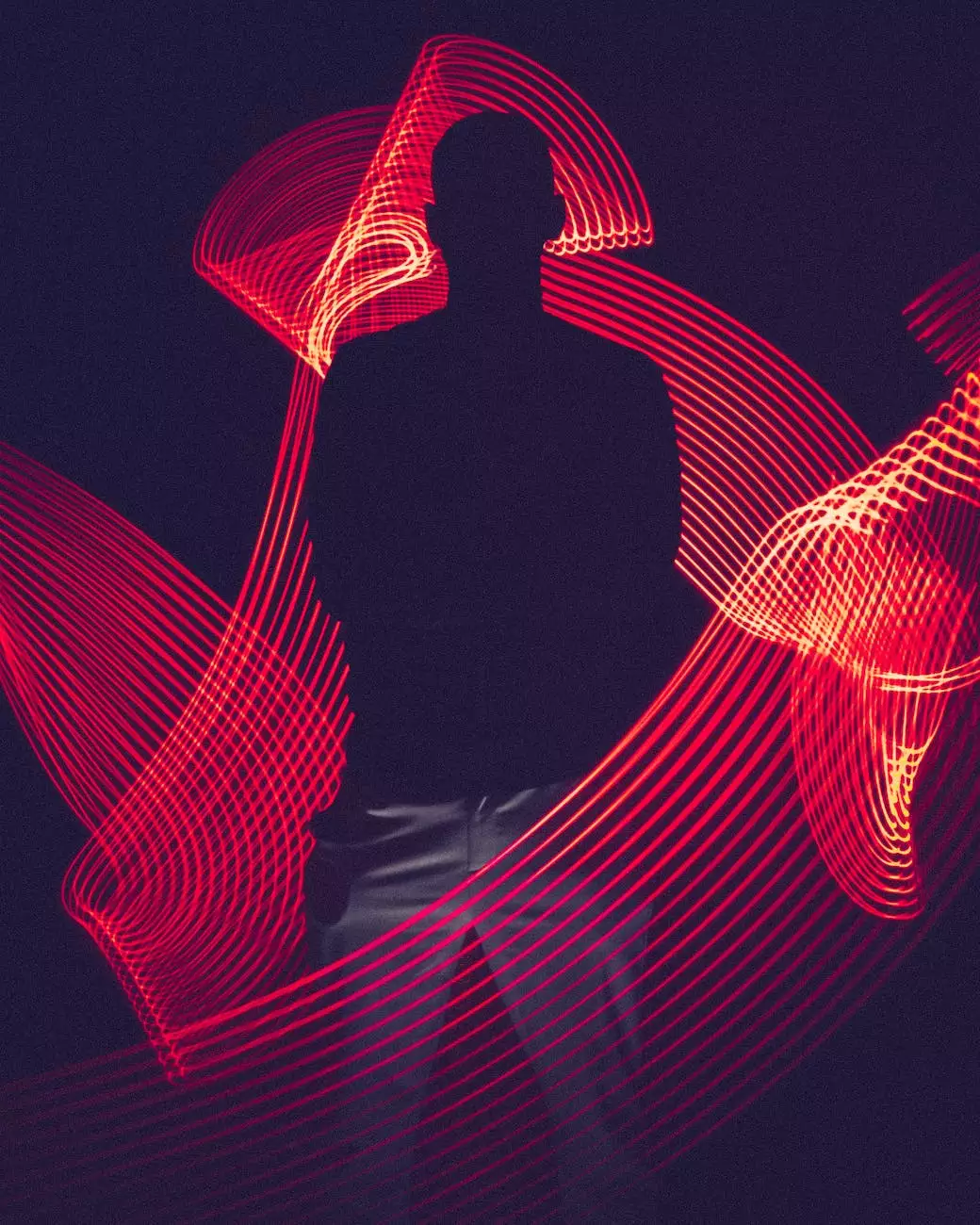Who's At Fault in a Self-Driving Tesla Accident?
Trucking Safety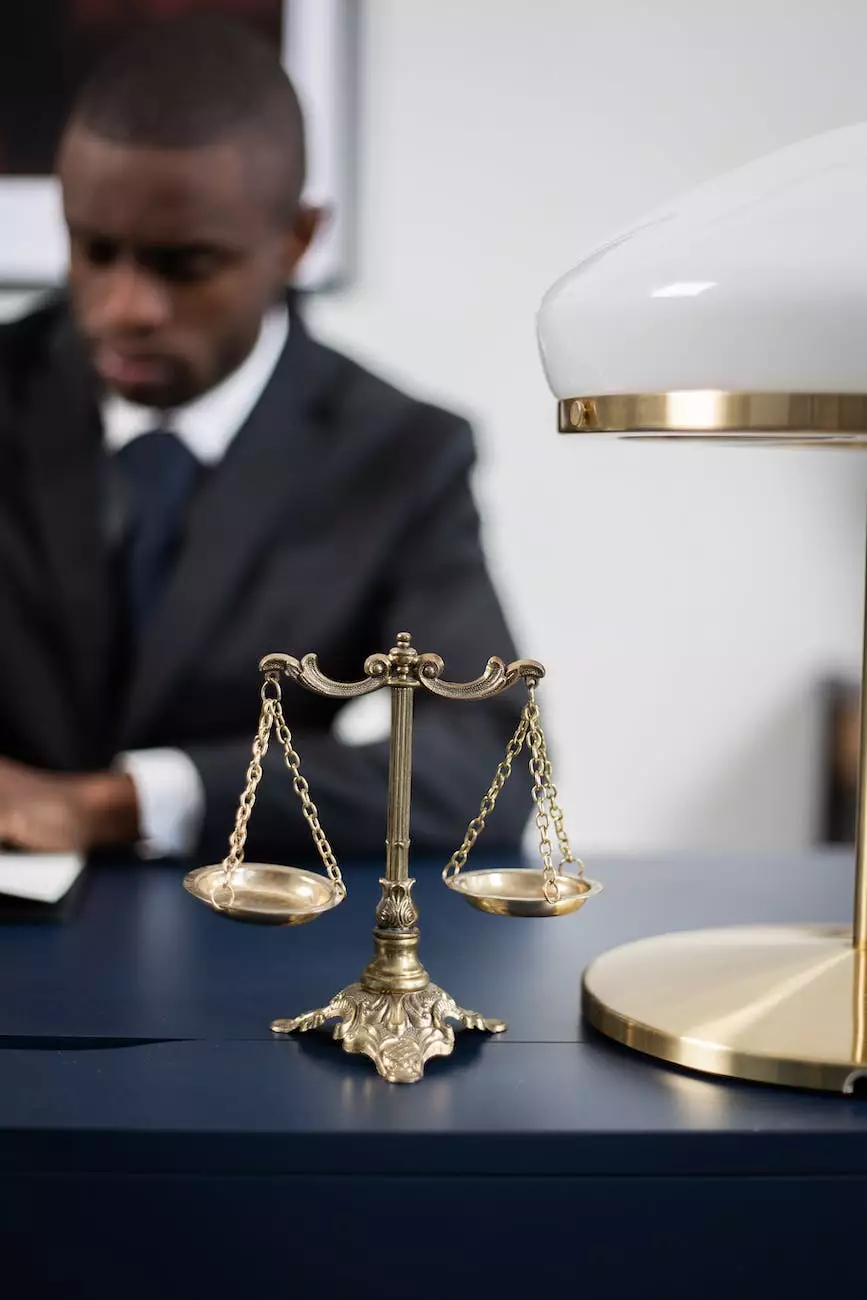
The Rise of Self-Driving Vehicles
In recent years, self-driving vehicles have rapidly gained popularity and become a common sight on our roads. While this innovative technology holds great promise for improving transportation efficiency and reducing accidents caused by human error, it also raises important questions regarding liability and responsibility in the event of an accident involving these autonomous vehicles.
Understanding Autonomous Vehicle Technology
Autonomous vehicles, such as Tesla's self-driving cars, utilize advanced sensors, cameras, and Artificial Intelligence (AI) to navigate the roads. They are designed to analyze their surroundings, make complex decisions, and operate without direct human control. The primary goal of autonomous technology is to enhance safety and reduce traffic accidents caused by human negligence.
The Legal Implications
When it comes to self-driving vehicles, the legal landscape is still evolving, and laws and regulations differ from one jurisdiction to another. In the unfortunate event of an accident involving a self-driving Tesla, questions arise as to who should be held liable - the vehicle manufacturer, the software developer, the human driver, or a combination of these parties.
1. Liability of the Vehicle Manufacturer
In cases where a self-driving Tesla malfunctions or fails to operate as intended, the vehicle manufacturer may be held liable for any resulting accidents. This can include instances of software glitches, sensor failures, or mechanical defects. Manufacturers have a responsibility to ensure the safety and reliability of their autonomous vehicles.
2. Liability of the Software Developer
The software developer plays a crucial role in the functioning of self-driving Teslas. If the accident occurred due to a software bug or programming error, the developer could potentially be held responsible. It's important for software developers to thoroughly test their algorithms and address any potential vulnerabilities to prevent accidents.
3. Liability of the Human Driver
Despite the autonomous capabilities of self-driving Teslas, human drivers still have certain responsibilities. If the accident occurred due to a failure of the human driver to intervene when necessary, they may be held partially or fully liable for the accident. Human drivers must remain vigilant and be ready to take control of the vehicle if required.
4. Shared Liability
In some cases, it may be determined that both the vehicle manufacturer and the human driver share the liability for an accident. This can occur if the vehicle's autonomous system malfunctioned, but the human driver failed to react appropriately. Shared liability scenarios can be complex and require a thorough investigation to ascertain the extent of fault.
Expert Legal Advice for Tesla Accident Cases
At the Law Office of Stanley E. Robison, Jr, we understand the complexities surrounding self-driving Tesla accidents. Our experienced team of attorneys specializes in autonomous vehicle litigation and can provide you with the expert legal guidance you need. We will investigate the circumstances of the accident, gather evidence, and help determine who should be held responsible for the damages.
Whether you are the victim of a self-driving Tesla accident or being held liable for damages, we are here to protect your rights and fight for your best interests. With our in-depth understanding of autonomous vehicle technology and the evolving legal landscape, we are well-equipped to handle even the most complex cases.
Contact the Law Office of Stanley E. Robison, Jr today to schedule a consultation. Our team is ready to assist you in navigating the legal complexities of self-driving Tesla accidents and securing the compensation you deserve.

